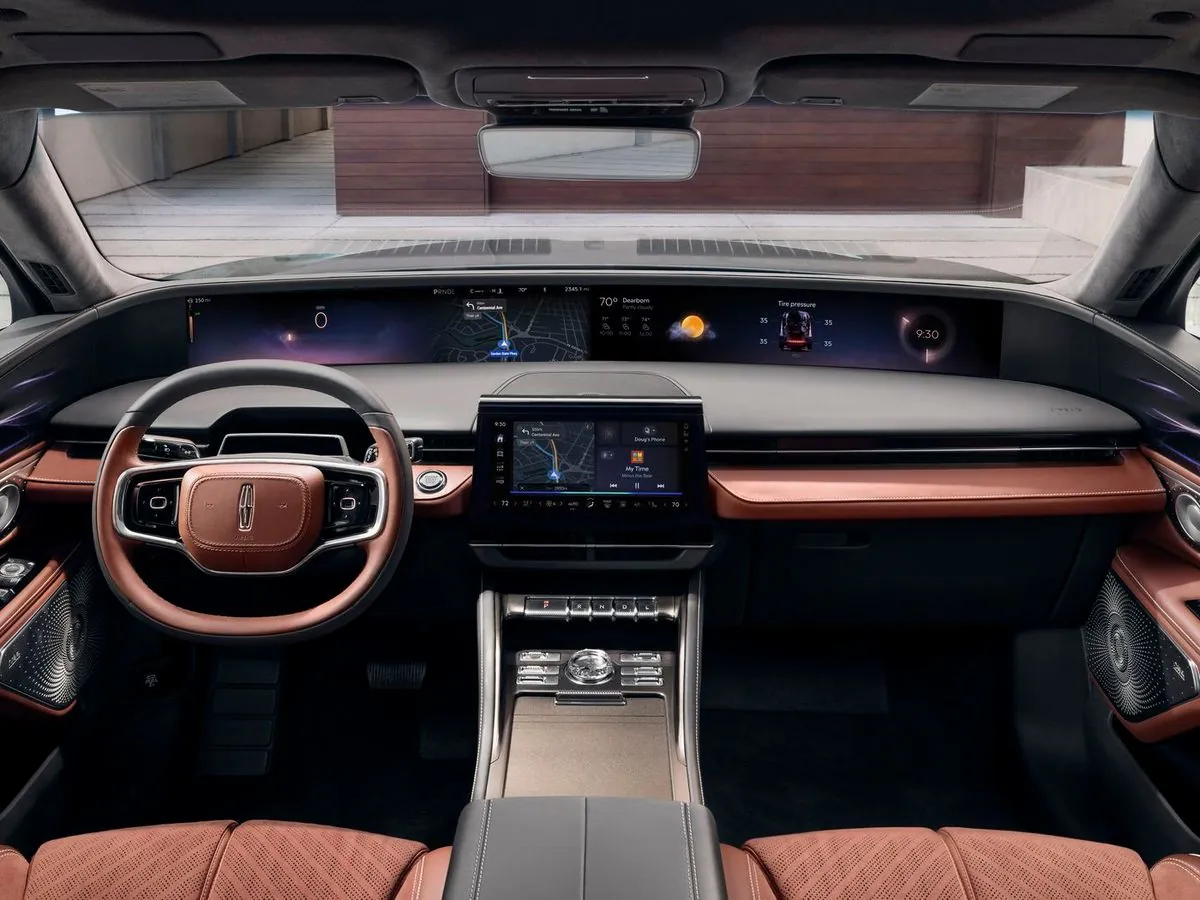The Biden administration has unveiled a proposal to prohibit the import and sale of connected vehicles containing Chinese or Russian components, highlighting concerns over potential espionage and national security risks. This move comes after seven months of careful consideration and growing apprehension about the vulnerabilities associated with modern transportation technology.
Connected vehicles, which have become increasingly prevalent in recent years, pose unique challenges to national security. Gina Raimondo, the Commerce Secretary, emphasized the gravity of the situation, stating, "Cars today have cameras, microphones, GPS tracking and other technologies connected to the internet. It doesn't take much imagination to understand how a foreign adversary with access to this information could pose a serious risk to both our national security and the privacy of U.S. citizens."
The proposed regulations, which the administration aims to finalize by January 2025, will apply to all wheeled vehicles operating on public roadways, including cars, trucks, and buses. The restrictions are set to take effect for software in the 2027 model year and for hardware in the 2030 model year.
This initiative reflects the rapidly evolving landscape of automotive technology. Jake Sullivan, the national security adviser, highlighted the potential risks, noting that modern vehicles are essentially "wheeled computers" constantly connecting to manufacturers and infrastructure while collecting vast amounts of personal data.
The proposal comes at a time when the global automotive industry is undergoing significant transformations. China, which became the world's largest automobile market in 2009, has been making substantial strides in electric and connected vehicle technology. The country's electric vehicle market share reached 25% of all new car sales in 2023, showcasing its growing influence in the sector.
"In an extreme situation, foreign adversaries could shut down or take control of all their vehicles operating in the United States all at the same time."
The administration's concerns are not unfounded, given the increasing complexity of modern vehicles. The average new car contains over 100 million lines of code, and connected cars generate about 25 gigabytes of data per hour. This vast amount of data and the sophisticated technology involved create potential vulnerabilities that could be exploited by malicious actors.
The proposed ban also addresses economic considerations. Lael Brainard, director of the National Economic Council, pointed out that Chinese economic policies have led to "massive overcapacity of connected vehicles" that could flood global markets with low-cost options. This situation poses a threat to domestic automakers, particularly as they navigate the transition to electric vehicles.
It's worth noting that the automotive industry has been rapidly evolving in recent years. The first modern electric cars appeared in the 1990s, and the first commercially available car with autonomous features was launched in 2014. The global autonomous vehicle market is projected to reach $556.67 billion by 2026, underscoring the growing importance of this technology.
The administration's proposal may face resistance from automakers, who have expressed concerns about the feasibility of quickly replacing Chinese components. The Alliance for Automotive Innovation, an industry group, warned in April 2024 about the potential difficulties in implementing such changes.
Despite these challenges, the administration remains committed to protecting national security and fostering domestic production. The automotive industry spends over $100 billion annually on R&D, highlighting the sector's importance and the need for robust security measures.
As the global automotive landscape continues to evolve, with technologies like vehicle-to-everything (V2X) communication first tested in 2006 and over-the-air software updates introduced in 2012, the proposed regulations aim to address the complex interplay between technological advancement, national security, and economic considerations in the connected vehicle era.
